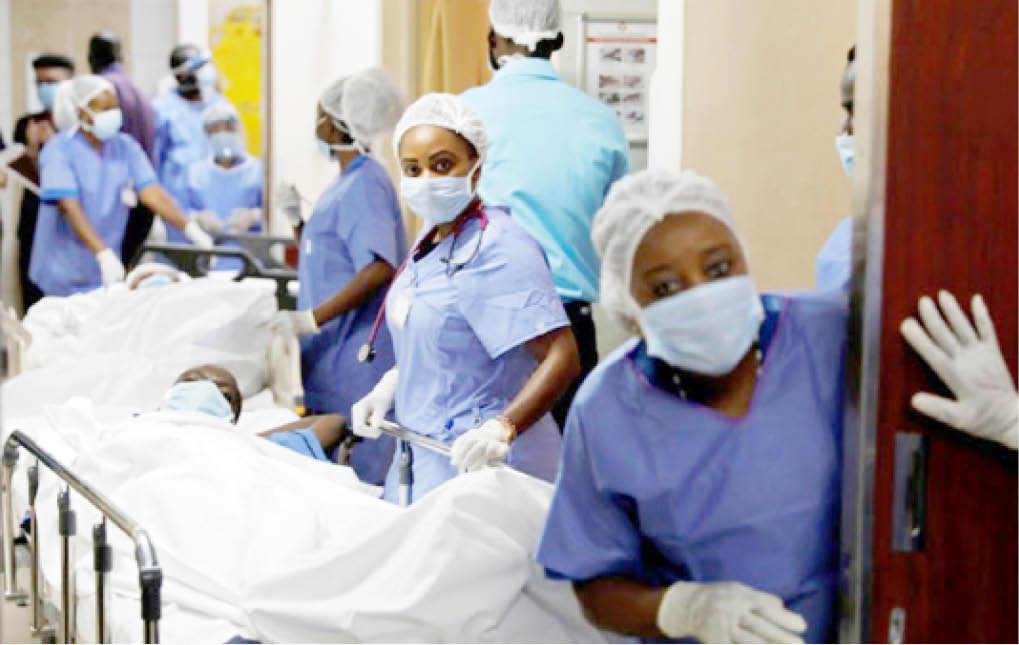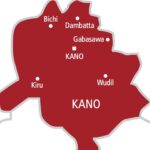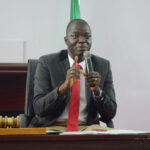Secondary and Primary healthcare facilities have not joined the ongoing indefinite strike embarked on by the Joint Health Sector Unions (JOHESU), which began on May 25 nationwide.
Mr Egwu Emmanuel, Chief Medical Laboratory Scientist at Nyanya General Hospital, made this known on Wednesday in Abuja.
He said that the strike was only for the tertiary hospitals for now.
Emmanuel, however, added that the secondary and primary hospitals would join the strike if the Federal Government fails to resolve the issues that led to the strike.
“We are doing our job as expected, but if after a few weeks, the government did not do anything about issues raised that led to the strike, we will join our colleagues in the tertiary hospitals,’’ he said.
He, therefore, appealed to the government to look into the issues raised by the unions to avoid Nigerians suffering.
Mrs Rita Okoro, a patient, who was at the hospital for some medical tests, appealed to the federal government to address the problem in the health sector to avert recurring strikes by health workers.
She, however, expressed optimism that the new administration would consider health as a priority.
Similarly, Mrs Amaka Emma, who was in the hospital for her antenatal, advised both the union and government to resolve their differences with a view to averting suffering by Nigerians.
The NAN correspondent who visited the Maitama General Hospital and Federal Medical Centre, Mararaba, Nasarawa State, observed that patients were being attended to.
JOHESU and the Assembly of Healthcare Professional Associations (AHPA) began an indefinite strike over the alleged federal government’s failure to adjust the Consolidated Health Salary Structure (CONHESS) for health workers, as was done with the Consolidated Medical Salary Structure (CONMESS) for physicians.
Consequently, the unions directed members in federal health institutions nationwide to withdraw their services indefinitely, beginning Tuesday.
The unions demanded immediate payment of omissions and shortfalls in the COVID-19 hazard allowances of affected health workers in federal health institutions.
They also sought recognition of health workers in non-core hospital facilities in payment of the hazard allowance.
They demanded speedy implementation of an increase in the retirement age from 60 to 65 years and 70 years for consultants in the health professions. (NAN)

 Join Daily Trust WhatsApp Community For Quick Access To News and Happenings Around You.
Join Daily Trust WhatsApp Community For Quick Access To News and Happenings Around You.


